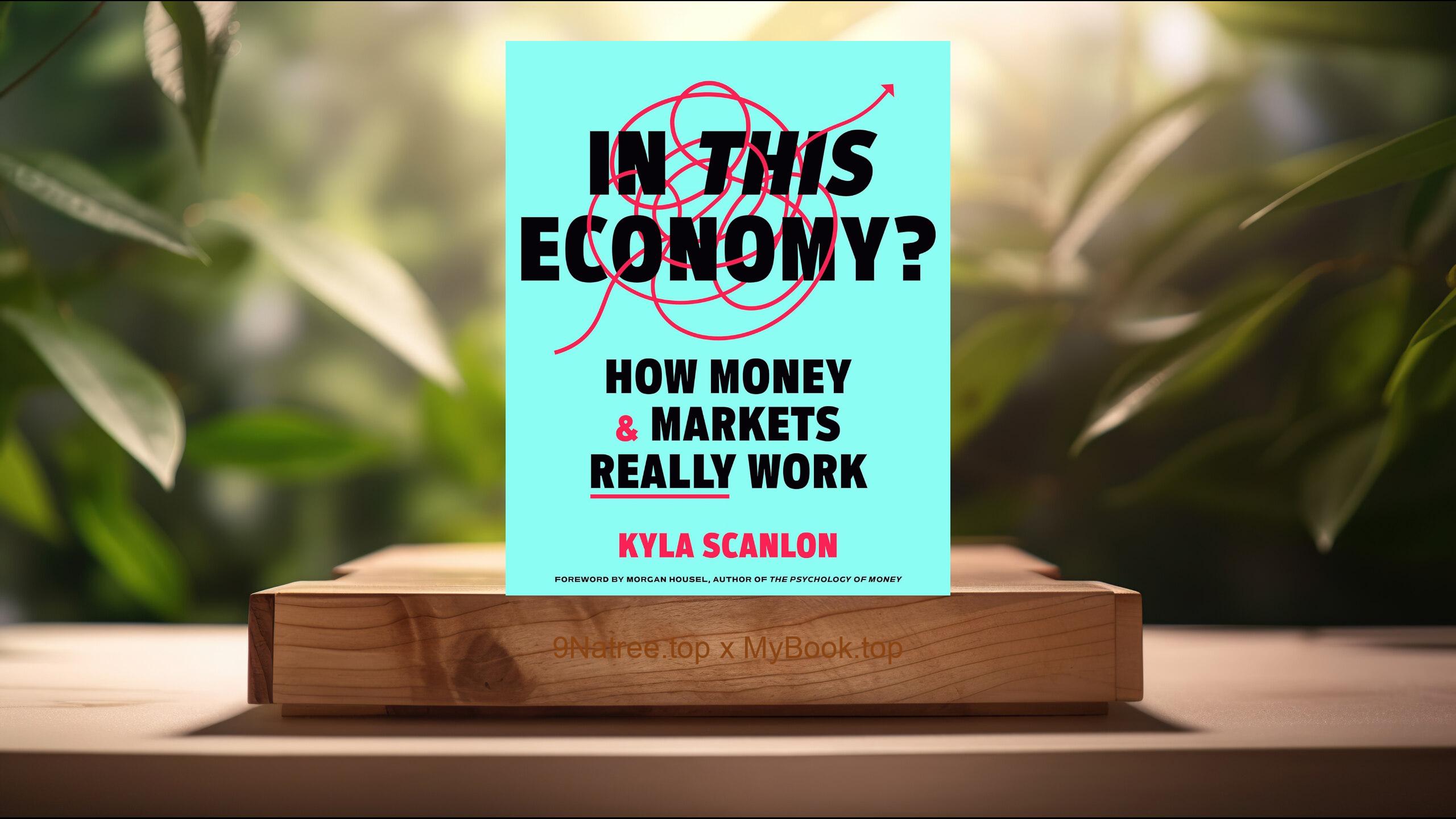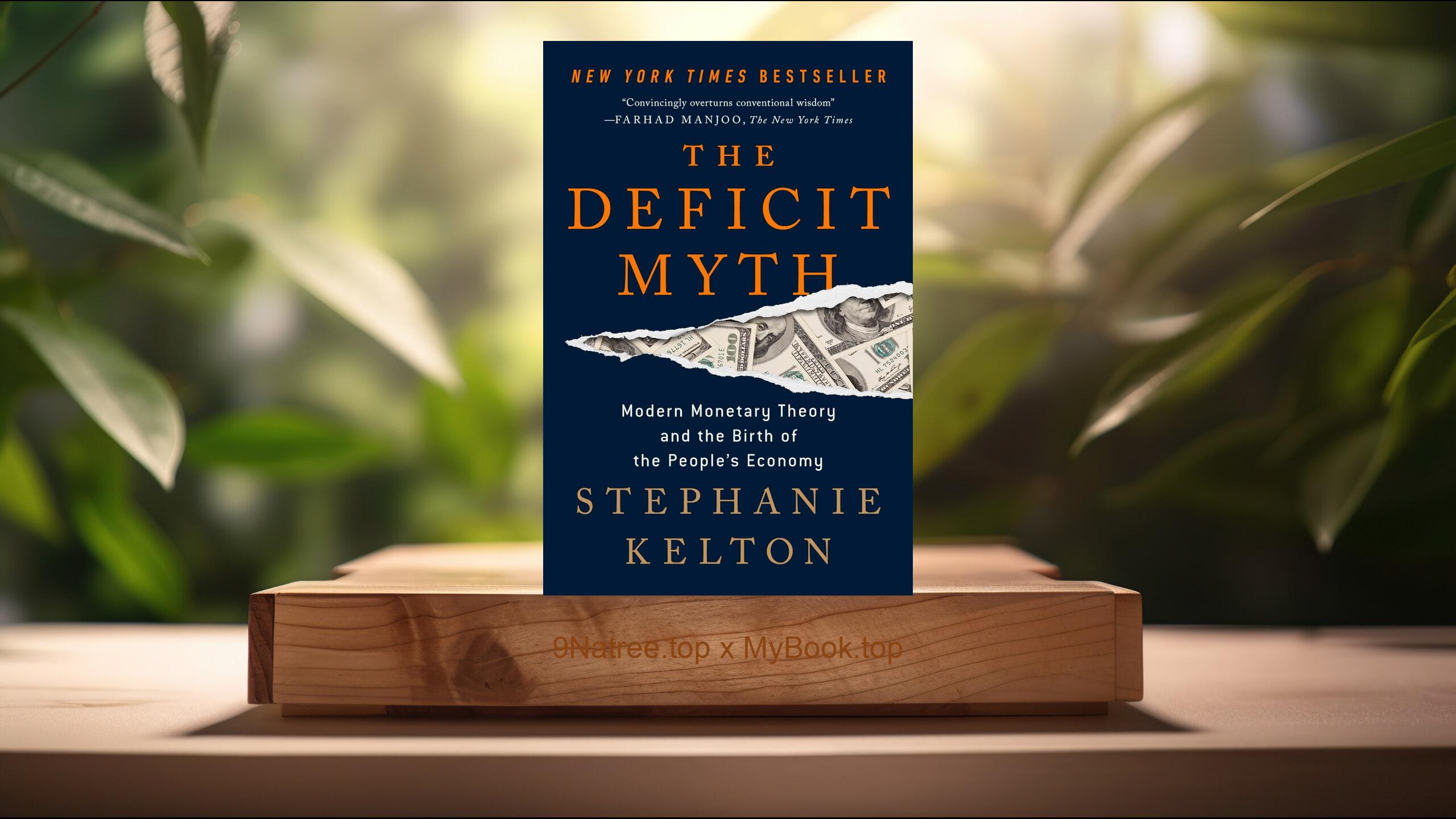Show Notes
- Amazon Books: https://www.amazon.com/dp/091298645X?tag=9natree-20
- Apple Books: https://books.apple.com/us/audiobook/the-creature-from-jekyll-island-a-second-look/id675881573?itsct=books_box_link&itscg=30200&ls=1&at=1001l3bAw&ct=9natree
- eBay: https://www.ebay.com/sch/i.html?_nkw=The+Creature+from+Jekyll+Island+A+Second+Look+at+the+Federal+Reserve+G+Edward+Griffin+&mkcid=1&mkrid=711-53200-19255-0&siteid=0&campid=5339060787&customid=9natree&toolid=10001&mkevt=1
- Read more: https://mybook.top/read/091298645X/
#FederalReserve #CentralBanking #EconomicPolicy #Inflation #BankingCartel #MonetaryPolicy #FinancialHistory #EconomicCritique #TheCreaturefromJekyllIsland
These are takeaways from this book.
Firstly, The Origins of the Federal Reserve, The creation of the Federal Reserve in 1913 was a pivotal moment in United States economic history, and Griffin examines its secretive beginnings with a critical eye. He narrates how a group of the wealthiest bankers in the country met in secret on Jekyll Island in Georgia to draft what would become the Federal Reserve Act. This meeting's aim was to establish a banking cartel that would protect its members' interests and limit competition. Griffin argues that the Federal Reserve was designed from the outset to be a central bank that would control the monetary system and ensure the profitability of its member banks, rather than serving the public interest.
Secondly, The Federal Reserve and Inflation, One of the most significant criticisms that Griffin levels against the Federal Reserve is its role in creating inflation. According to Griffin, the Fed's ability to print money out of thin air and manipulate interest rates has led to a devaluation of the currency and an increase in the cost of living. This inflationary policy, Griffin argues, serves the interests of the bankers and the government by enabling them to pay off debt with devalued dollars and fund wars without directly raising taxes, all at the expense of the general public, whose savings and purchasing power are eroded over time.
Thirdly, The Banking Cartel, Griffin explains the concept of the Federal Reserve as a banking cartel that operates in the shadows of the federal government. He illustrates how the Fed, through its control over the money supply and interest rates, effectively regulates its member banks in a way that ensures their profitability and stability, often at the expense of competition and consumer choice. This cartelization of the banking industry, Griffin posits, has led to a consolidation of power among a few large banks, making it difficult for smaller banks to compete and contributing to a less diverse and less resilient financial system.
Fourthly, The Fed's Role in Funding Wars, Another controversial assertion made by Griffin is the Federal Reserve's involvement in funding United States military interventions and wars. By controlling the issuance of currency, the Fed has the power to finance government spending far beyond what would be possible through direct taxation. Griffin delves into historical examples to show how this mechanism has been used to fund military operations, often without the explicit consent or full understanding of the American public. The ability of the Fed to 'create money' essentially out of thin air, he argues, has removed the natural fiscal restraints on war-making, allowing for more prolonged and costly conflicts.
Lastly, The Federal Reserve's Lack of Transparency and Accountability, Griffin is particularly critical of the Federal Reserve's opaque operating procedures and its lack of accountability to the public. Despite its critical role in the economy, the Fed operates with a high degree of independence from government oversight. Griffin points out that the complex nature of its operations, coupled with a deliberate lack of transparency, makes it difficult for the average citizen to understand its actions or to hold it accountable. He argues that this lack of transparency and accountability has allowed the Fed to pursue policies that benefit a select group of financial and political elites, often at the expense of the broader public welfare.
![[Review] The Creature from Jekyll Island: A Second Look at the Federal Reserve (G. Edward Griffin) Summarized](https://episodes.castos.com/660078c6833215-59505987/images/1775684/c1a-085k3-49vvqrvqsg1p-emkljn.jpg)




